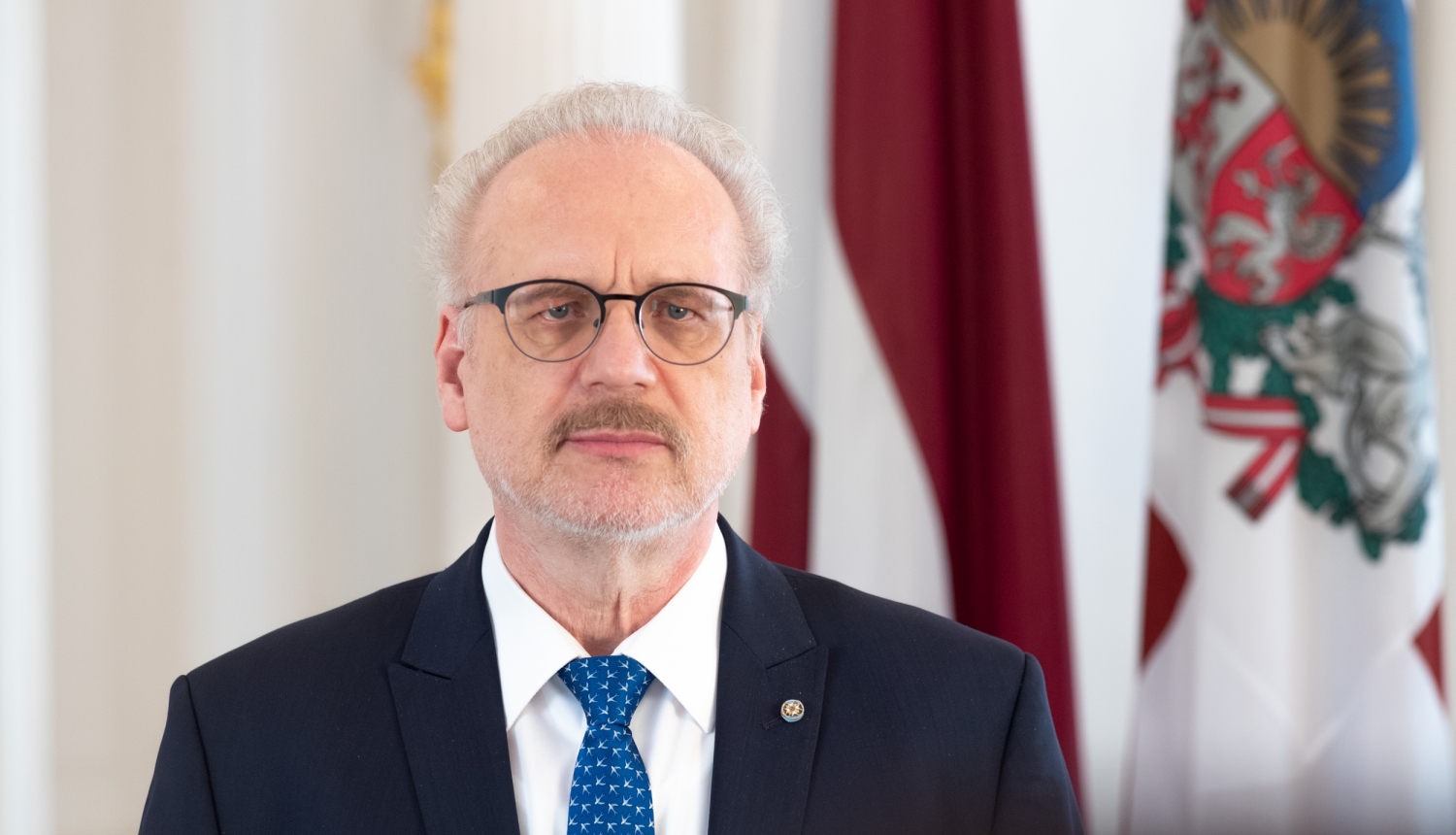Ladies and gentlemen, dear colleagues, viewers and listeners,
I feel absolutely privileged to open today’s discussion on skills and competencies required to sort through and critically analyse the information generated by 21st-century media and information systems.
This is the Global Media and Information Literacy Week, and I am happy that Latvia partnered up with the United Nations (UN) institutions this spring, joining the implementation of the UN Resolution on Global Media and Information Literacy Week. We are celebrating this event for the first time ever this week.
It is also a recognition and result of UNESCO’s decade-long efforts to promote the awareness about changes in the technological world and need to provide everyone with digital skills for the modern information space.
Dear participants,
Almost 60% of world population, or 4.66 billion people globally, have modern technologies for accessing online content. Number of those using social media is almost the same, 4.5 billion people. Virtual world and everyday life have merged into one and Covid-19 has clearly highlighted the downsides, opportunities and the impact of 21st century reality.
Pandemic has been a stress test to our critical thinking and information space. Soon we will mark two years since the start of the pandemic. Medical workers are working non-stop. Science is doing its best to produce key data, knowledge and solutions.
Vaccines reduce symptoms and have slowed the virus down. World Health Organisation’s research database alone contains 6,666 studies on different aspect of Covid-19.
There is no information deficit. Our perception is in fact overloaded with information. And we often find it hard to sift through it. It is increasingly difficult to separate facts from opinions or false beliefs from scientific evidence. The price of mistake can even be life, or death.
Our collective information handling skills as individuals, institutions, communities or interest groups are not up to scratch. What should we do?
Information and media literacy, social media platform obligations and accountability, and good journalism are key to making meaningful progress in this area.
But this week is all about media literacy. Polls commissioned by Ministry of Culture suggest that more than half of Latvians (58%) are open to learning how to critically look at information and recognise responsible journalism among fake news.
So, the demand is there, and we need to match it with the supply. Public and non-governmental sector must come together, pull their resources, ideas and networks together to be able to reach different target groups. National policy guidelines or strategy in the field of information is needed to reach out to more people, establish synergies and regular timeline.
Secondly, we must deal with a global-level challenge in the form of media platform accountability and regulatory framework. There should be no discussion about free speech. Its integrity is paramount. Censorship is unacceptable. However, we often find out about dark sides of technology too late.
Algorithms exploit our attention and spread disinformation and fake news for profit. Abuse of platforms is not punished as recent disclosure of Facebook research documents has revealed. Unconsented data is being collected and used to influence and manipulate behaviour for financial and political gains.
Common European Union regulation should be our response. All our energy, knowledge and experience should feed into it.
Thirdly, wee need to support good journalism, strong and diverse local media. It is crucial for our media literate population which is looking for several information sources that are reliable and offer good content. We have completed the vital public broadcasting reform and are ready to start working on government programmes supporting better commercial media content.
I cannot stress enough the importance of media criticism for good journalism and its ecosystem. Something Latvia does not have yet. As for the international goals, we must continue the debate on fair distribution of advertising revenue between global platforms and content makers, or the local media.
Dear participants,
There are many active and former journalists among you. Your sincere and honest work is absolutely indispensable for modern society and sustainable democracy.
Thank you for everything you are doing. I wish you a highly productive debate on how to move media literacy forward.




